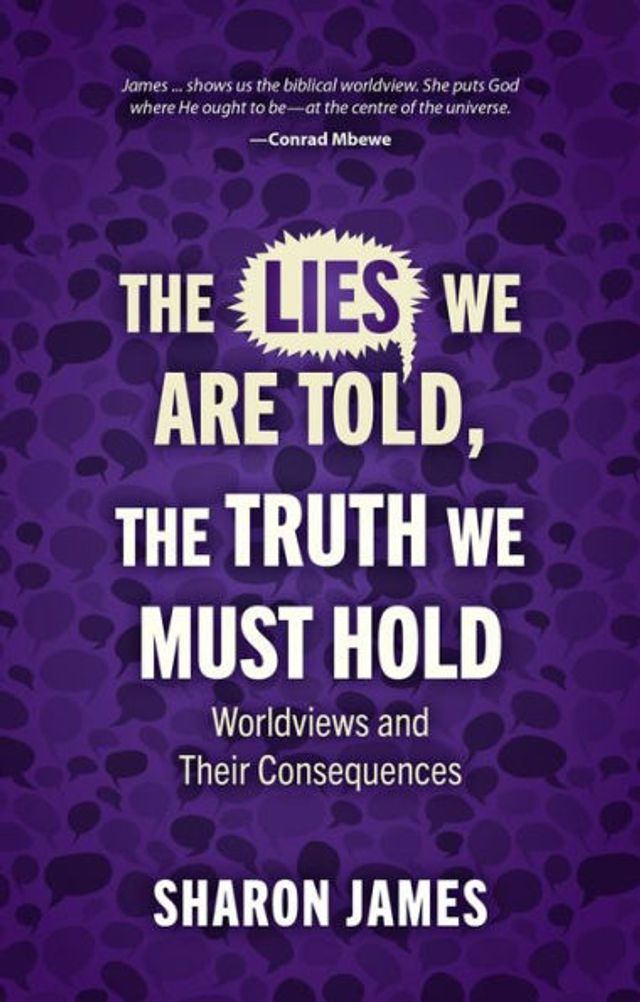Home
Five Worldviews: Different Ways We See the World:
Loading Inventory...
Barnes and Noble
Five Worldviews: Different Ways We See the World:
Current price: $11.95


Barnes and Noble
Five Worldviews: Different Ways We See the World:
Current price: $11.95
Loading Inventory...
Size: OS
*Product Information may vary - to confirm product availability, pricing, and additional information please contact Barnes and Noble
Do you sometimes wonder if we will ever get along? Five Worldviews helps us understand why we see the world so differently? Looking at issues through the lens of five worldviews—indigenous, traditional, progressive, globalized, and transformative—helps us arrive at a place of understanding our own and other people's perspectives without trying to change them. If you are intent on learning about the five worldviews and helping to bridge them, this book is for you. We all have a voice and a critical stake in the outcome.
Dr. Ames has developed a five worldviews model that reflects different ways of life found in the United States and throughout the world. To further explain the five worldviews—indigenous, traditional, progressive, globalized, and transformative—she has integrated Jonathan Haidt's model of six moral foundations—care/harm, fairness/cheating, loyalty/betrayal, authority/subversion, sanctity/degradation, and liberty/oppression—to clarify how diverse people holding a particular worldview see moral issues differently. Personal experiences, education, geographic location, personality type, and other factors influence how a person acts in and sees the world.Only looking at issues from a single lens, or just one worldview, only shines light on part of the problem. Instead, we need to look through multiple worldviews or lenses when contemplating our local, national, and global difficulties. Today, many of our social and political divides have polarized us to the point of blinding our understanding of others. We retreat into our own bubble of comfort and isolation. Developing awareness of our own and other people's perspectives without necessarily trying to change them can help us arrive at a place of non-judgmental understanding in which we may be able to civilly talk about our differences and improve relations with people who are similar to and different from us. Through this understanding process we can uncover our shared commonalities, as well as contribute to bridging and healing deep divides.


















